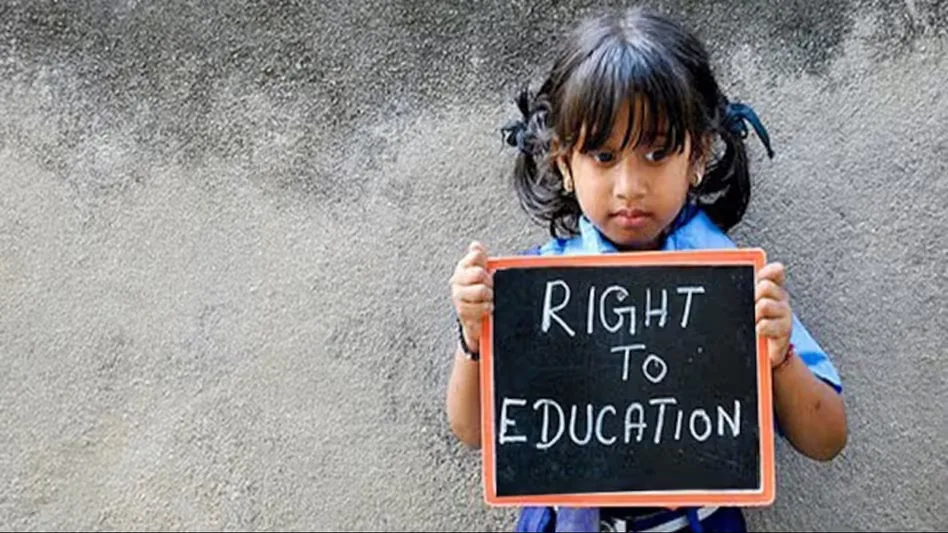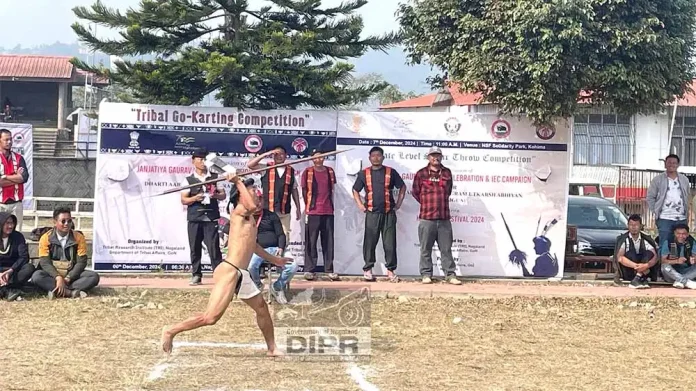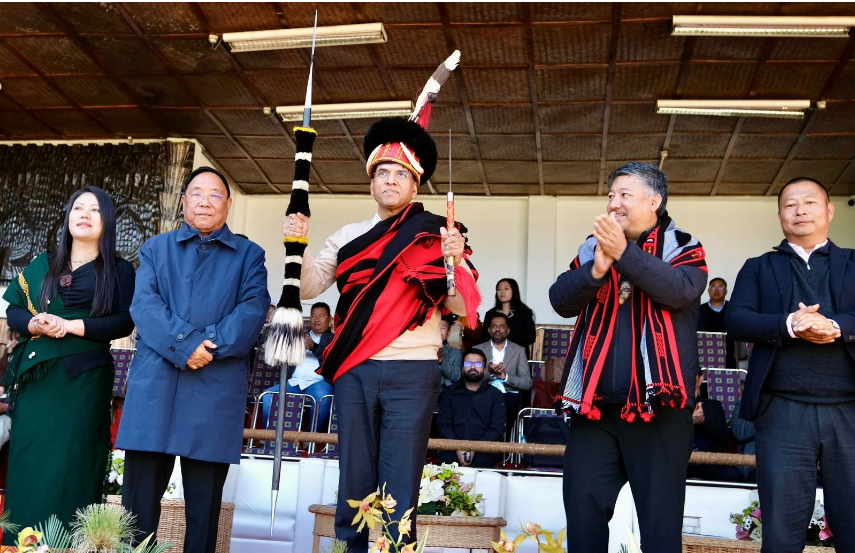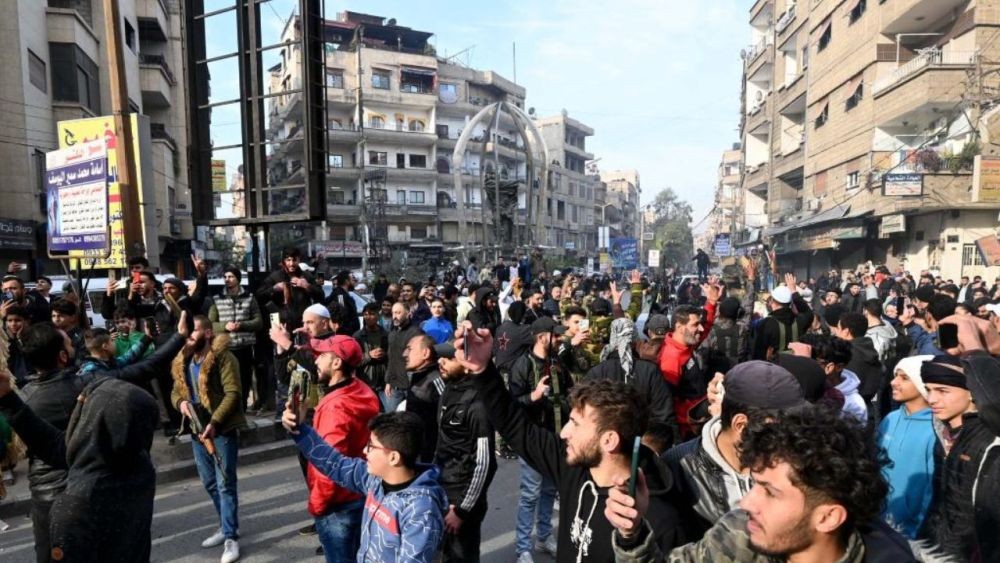
Nagaland celebrates Beti Bachao Beti Padhao’s tenth anniversary, a program focusing on female empowerment and societal change, aiming for gender parity
On January 22, the Capital Convention Centre in Kohima, Nagaland, hosted the 10th anniversary celebration of the Beti Bachao Beti Padhao (BBBP) initiative, which is administered by the Social Welfare Department of Mission Shakti.
Martha R. Ritse, Commissioner and Secretary of the Social Welfare Department, was the special guest at the event and underscored the importance of behavioral and social change in shaping the public perception of the female child. She acknowledged that Naga society is ahead of many others in terms of female empowerment; however, she also recognized that there are still subtle changes necessary to achieve complete gender parity.
She also stated that BBBP is not solely a program for the empowerment of women in specific sectors, but rather for the development of women in all sectors of society. She emphasized the significance of the convergence of various departments to enhance collaboration and advance the scheme’s objectives, both in terms of its letter and spirit, referring to it as a “multi-sectoral scheme.”
She also stated that the state has ranked among the top 5 performers under the initiative, and approximately 1,000 programs have been conducted under the scheme, with manifest impacts. She promoted women’s efforts to shatter the glass ceiling in all domains.
The esteemed guests and attendees were cordially welcomed by Bodeno S. Colo, the Mission Director of Mission Shakti and Secretary of the Social Welfare Department. In addition, she offered a concise overview of the program, stating that Prime Minister Narendra Modi initiated the BBBP initiative in 2015 in Sonepat, Haryana, in conjunction with the Ministries of Health and Family Welfare, Education, and Women and Child Development. She emphasized the primary objectives of BBBP, which include promoting sports and skill development among females, increasing the percentage of institutional deliveries, boosting enrollment in secondary education, and improving the sex ratio at birth.
She disclosed that the scheme has demonstrated a consistent improvement in performance and impact over the years and is currently operational in all 16 districts of the state. She also presented the congregation with a pledge to eradicate gender-based discrimination.
Kumar Ramnikant, IAS, the Deputy Commissioner of Kohima, underscored the necessity of a collective effort from all societal stakeholders in order for India to realize its aspiration to become a developed nation by 2040. He emphasized that this can only occur when societal stereotypes are addressed. He asserted that BBBP is a program that is intended to undermine these stereotypes, both in the household and in the workplace, thereby allowing women to participate more actively and significantly in the development of the nation.
The deputy commissioner also discussed the “practices” that have been implemented in the Kohima district under the BBBP initiative over the years. It featured workshops in a variety of disciplines, including literature, computer, self-defense, baking, sports, scientific temperament, career guidance, sensitivity to women, and indigenous rights. Additionally, it provided free coaching courses for NSSB exam candidates. He also mentioned that there has been a rise in collaboration with the village councils and village development committees.





